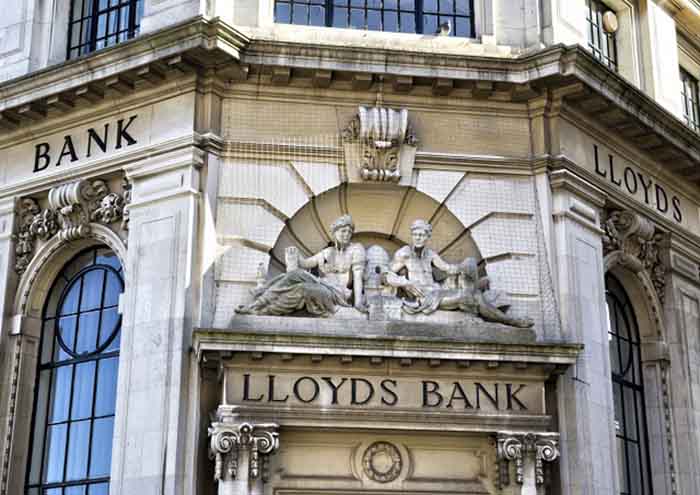Profit before tax in the three months to September 2017 was £1.9bn, a drastic increase on Q3 2016 when profits hit £811m, according to the firm’s results for 2017 so far.
In the first nine months of the year, Lloyds reported underlying profit of £6.6bn, 8% higher than the year before and has said goodbye to PPI compensation payouts.
The positive results followed the upgrading of the bank’s prospects by ratings agency Moody’s, with both Lloyds Bank and Lloyds Banking Group upgraded to Aa3 and A3 respectively.
Asset management giant Neil Woodford also threw his weight behind the bank earlier this year, marking one of his first financial plays in 14 years.
Group chief executive António Horta-Osório said: “In the first nine months of the year we have delivered strong financial performance with increased underlying and statutory profit, a significant improvement in returns and strong capital generation.
“These results highlight the strength of our customer-focused, simple and low risk business model and the benefits of our competitive advantage in the UK. Asset quality remains strong, reflecting our prudent approach to risk, while the UK economy remains resilient.”
Russ Mould, investment director at AJ Bell, said the declining gap between stated and underlying profit was tightening and would be of “particular satisfaction to investors” as earnings quality improved.
However it was not all rosy. Mould added: “What is undeniably missing in the underlying figure is growth and Lloyds is still showing minimal increases in customer deposits, its loan book or risk-weighted assets.
“This may not unduly concern investors in the stock, who would probably rather like owning a dull bank which can earn £8bn a year pre-tax if it keeps its nose clean, avoids further regulatory scrutiny, treats its customers well and manages its loan book in a sensible fashion.”
William Howlett, banking analyst at Quilter Cheviot, added there was “no sign” of any slowdown at Lloyds with profitability high.
“The one negative in the result is raised capital requirements but this should be seen in the context of increased guidance for capital generation and we still believe consensus expectations for capital return are likely to be too low,” he said.
“Overall, we believe Lloyds offers a compelling capital return story reflecting the strength of its balance sheet and underlying capital generation, and as we near the end on PPI charges.”








